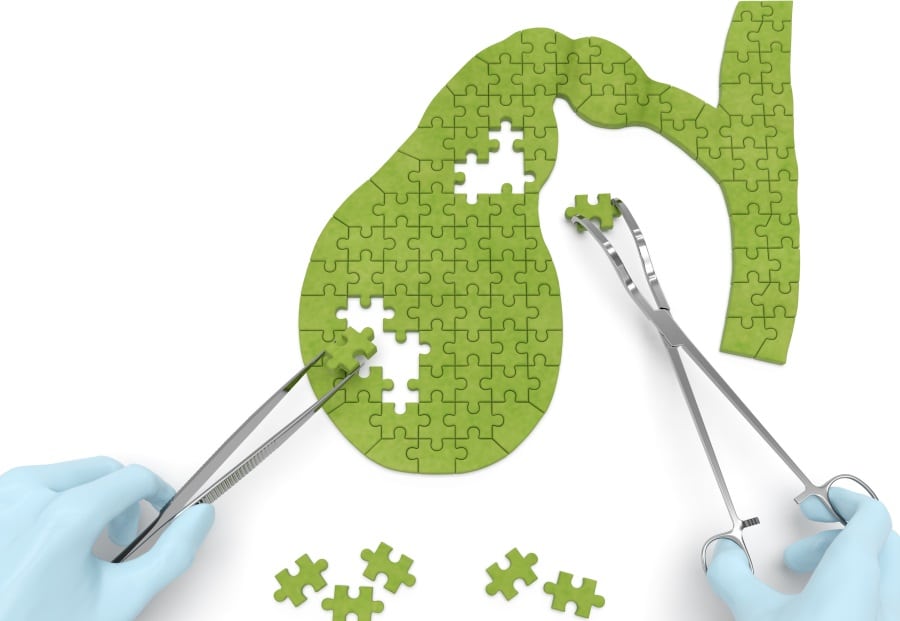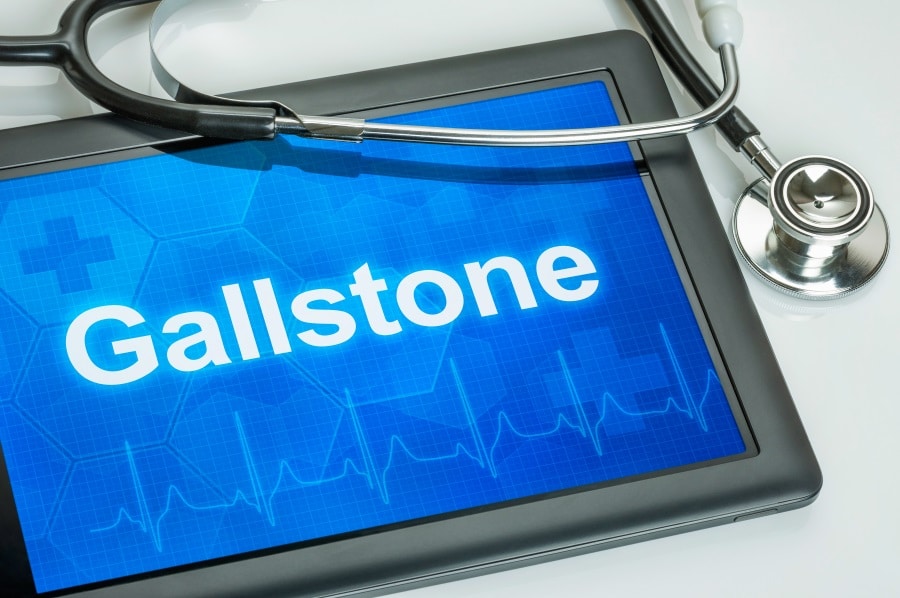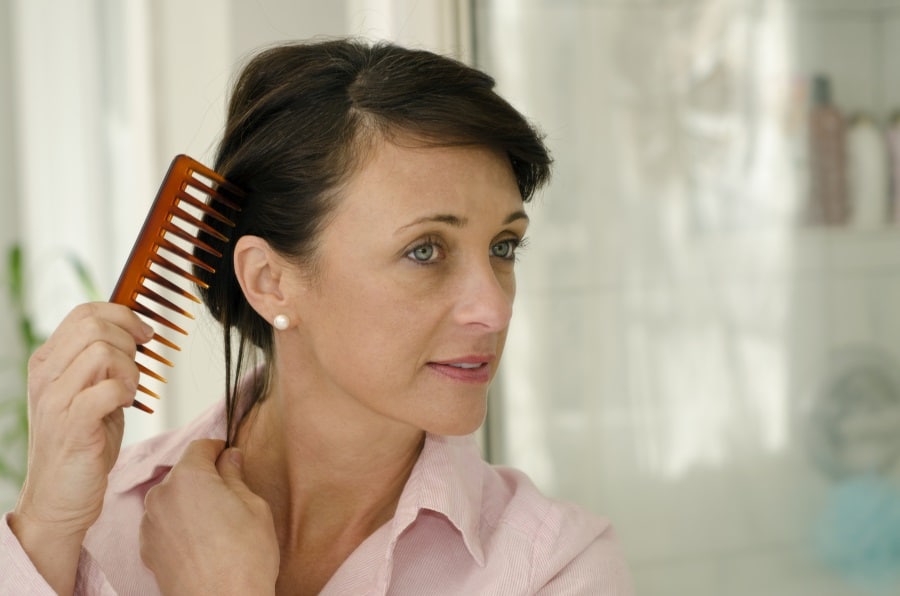
No Gallbladder? You Can Still Eat Healthy Fats
The first piece of advice most people get after gallbladder removal surgery is: “Don’t eat fats.” But today, in Part 2 of my two-part series on gallbladder issues, I’m going to tell you why you should make healthy fats a part of your post-gallbladder life (and give you advice on how to do it).
Can you still eat healthy fats if you’ve actually had your gallbladder removed?
Normally, your gallbladder stores bile produced by your liver. It releases this bile when you eat, so you can break down fats. If a surgeon removes your gallbladder, bile will drain continuously into your small intestine instead. However, it’ll be less concentrated than the bile that your gallbladder previously stored. Obviously, this will dramatically change how your body digests fat. To help your body adapt to this change, mainstream doctors typically recommend a low-fat diet after gallbladder removal. To a limited degree, this diet advice works.
However, you’ll pay a high price for eating this way, because you’re cutting down on the healthy fats your body needs to build strong cells, make hormones, use fat-soluble vitamins, and keep your brain functioning optimally. And to keep from going hungry you’ll need to greatly increase your intake of carbs, increasing your risk of diabetes and heart disease.
Moreover, an interesting thing happens when people disobey the conventional wisdom:
After a period of adjustment, many of them feel better. In fact, in my two decades in practice as a naturopathic physician and certified nutritional consultant, I’ve found that people without a gallbladder typically get healthier, and have fewer issues with digestive discomfort and diarrhea, when they give up grains—not fats.
However, this doesn’t mean that if you’re missing your gallbladder, you should immediately boost your intake of fats. Your body isn’t ready for that, and you could suffer painful consequences. Instead, change your diet step-by-step and give your body time to adjust after gallbladder removal.
What are the best tips for a diet after removing your gallbladder?
Get rid of gluten in your diet after removing your gallbladder.
Cut out wheat, rye, durum, spelt, graham, semolina, triticale, and kamut flours, as well as wheat bran and wheat germ. Cook from scratch as much as possible—and when you can’t, read labels to make sure there’s no “sneaky” gluten in the food you buy.
After removing your gallbladder, phase out other grains in your diet.
If you’re like many people dealing with the side effects of gallbladder removal, you’re going to discover that grains are a big cause of your digestive problems.
Add fats very cautiously back in your diet after removing your gallbladder.
Coconut oil is a good fat to emphasize at first. Be sure to choose healthy fats—butter or ghee and coconut, avocado, and olive oil. If you go for a long stretch between one meal and the next, go easy on fats at the second meal so you don’t overwhelm your system.
Add bone broth to your diet after removing your gallbladder!
A cup a day will help you heal your gut
After removing your gallbladder, add fermented foods to your diet.
Fermented foods like kimchi and sauerkraut, which help optimize your gut flora. All of this will help you digest food better.
It’s important after removing your gallbladder to eat carby fruits and veggies every day.
Going too low-carb isn’t a good idea if you don’t have a gallbladder.
Be patient with your diet after removing your gallbladder.
Over time, your ability to digest fats is likely to increase.
Are you still experiencing problems with your diet after removing your gallbladder?
If you’re still experiencing problems, try taking a beef bile supplement.
If you follow these steps, you’re likely to discover that stubborn problems like diarrhea—a huge issue for many people after gallbladder surgery—start to clear up. In addition, I’m betting you’ll feel healthier, stronger, and more energetic overall. Give it a try—carefully—and see what happens!
Keep thinking Big and living BOLD!








